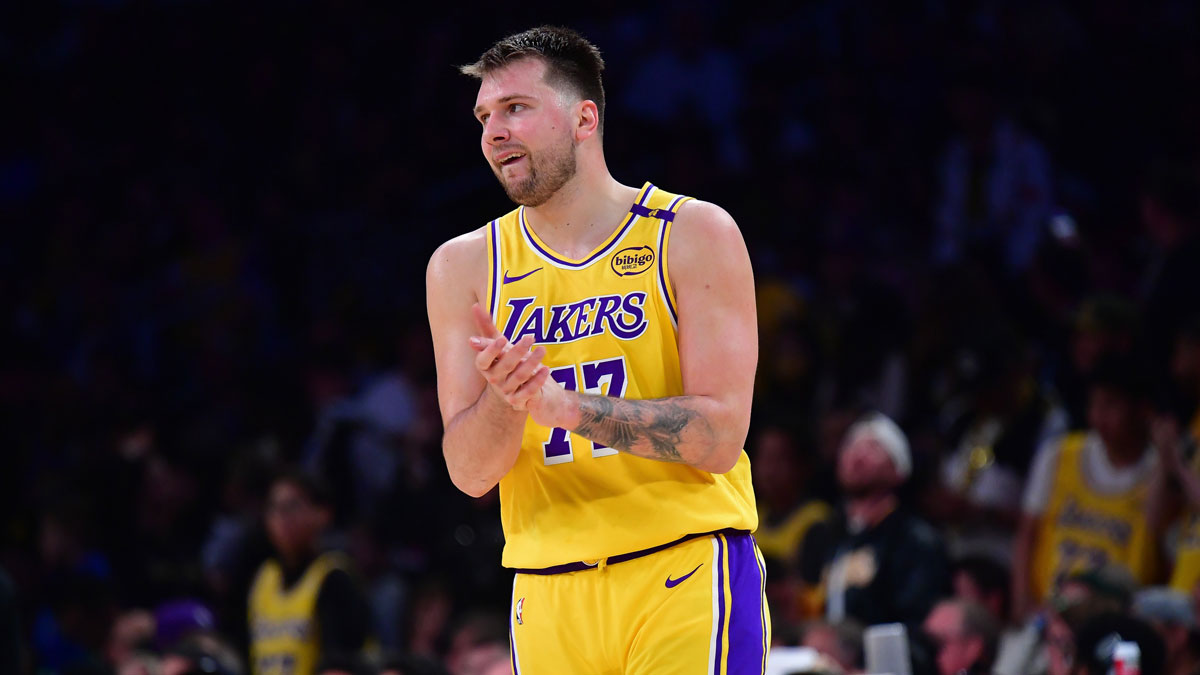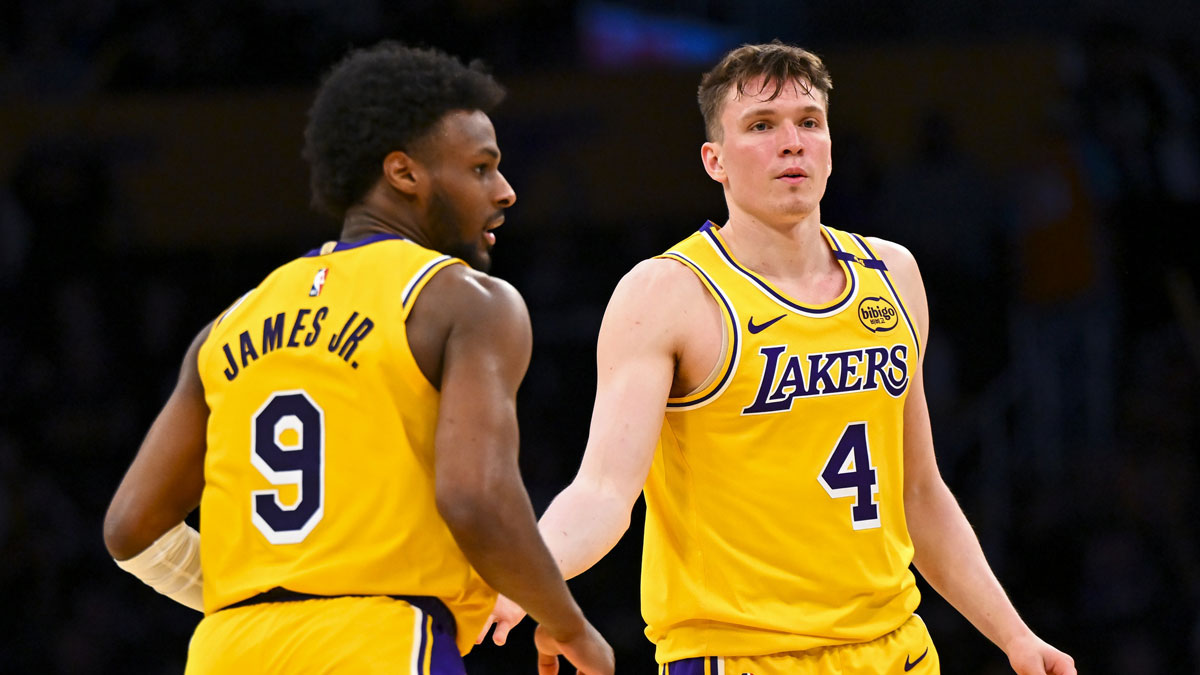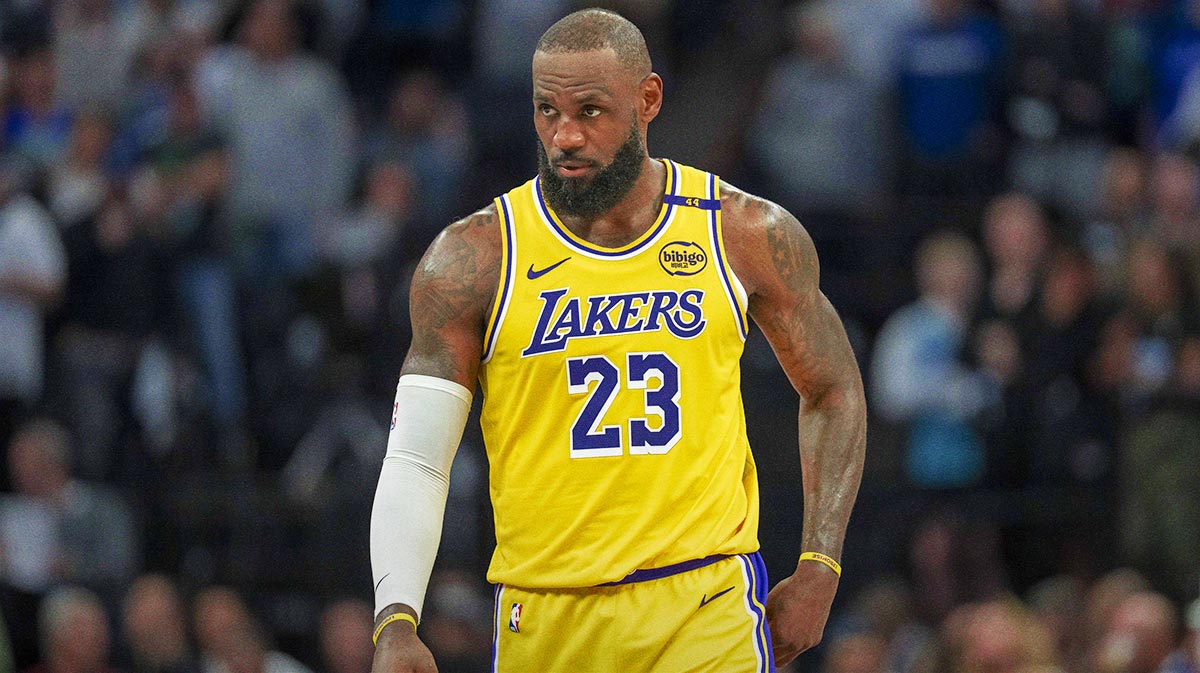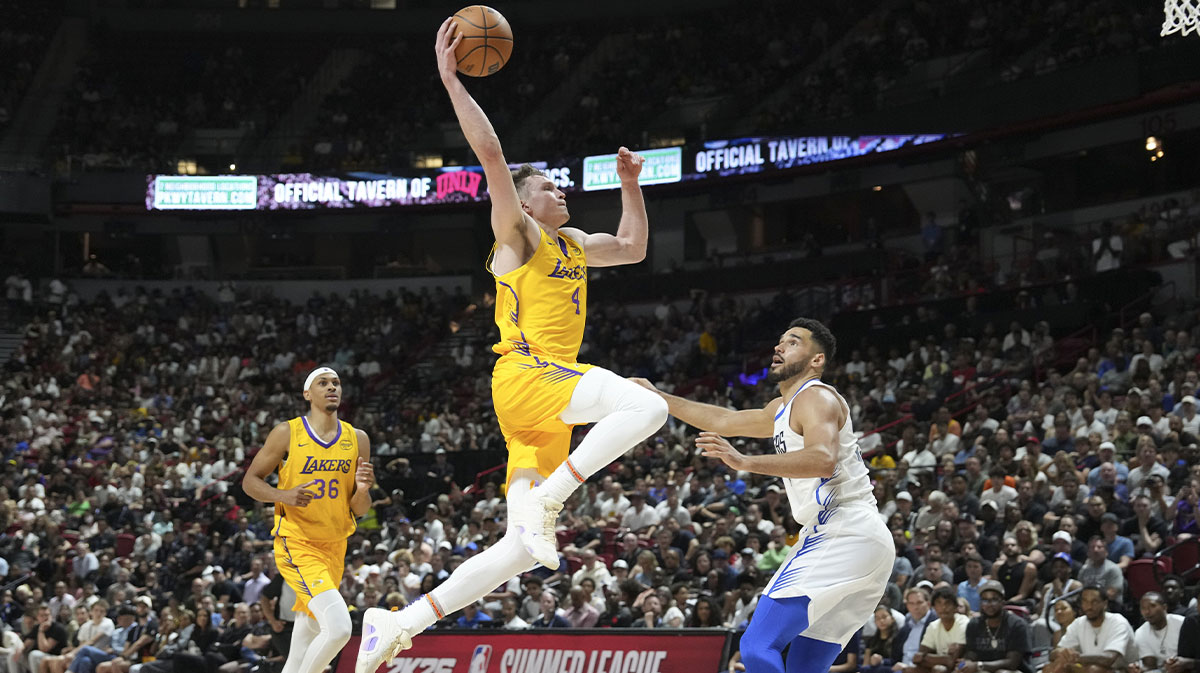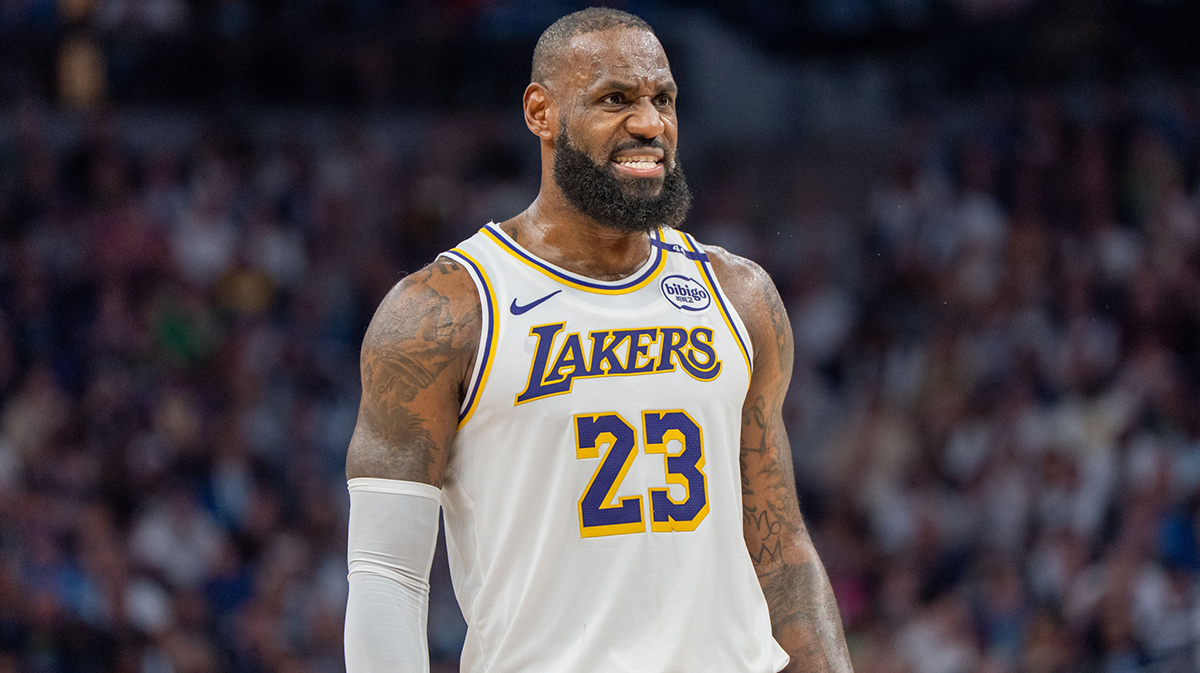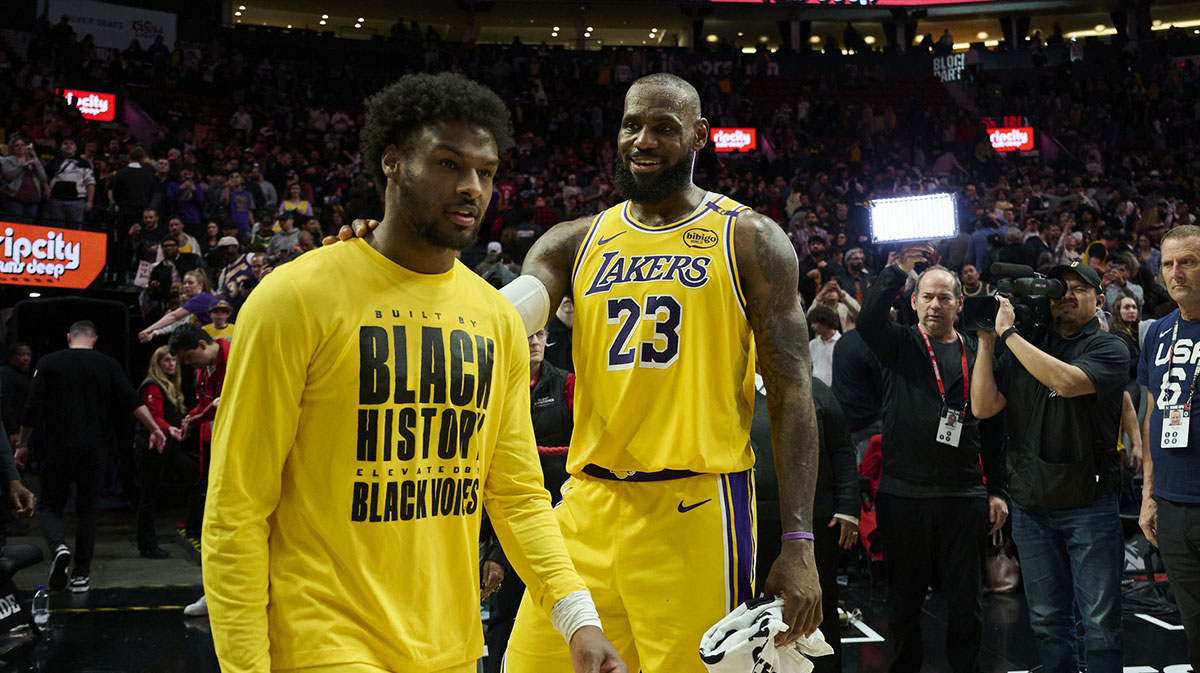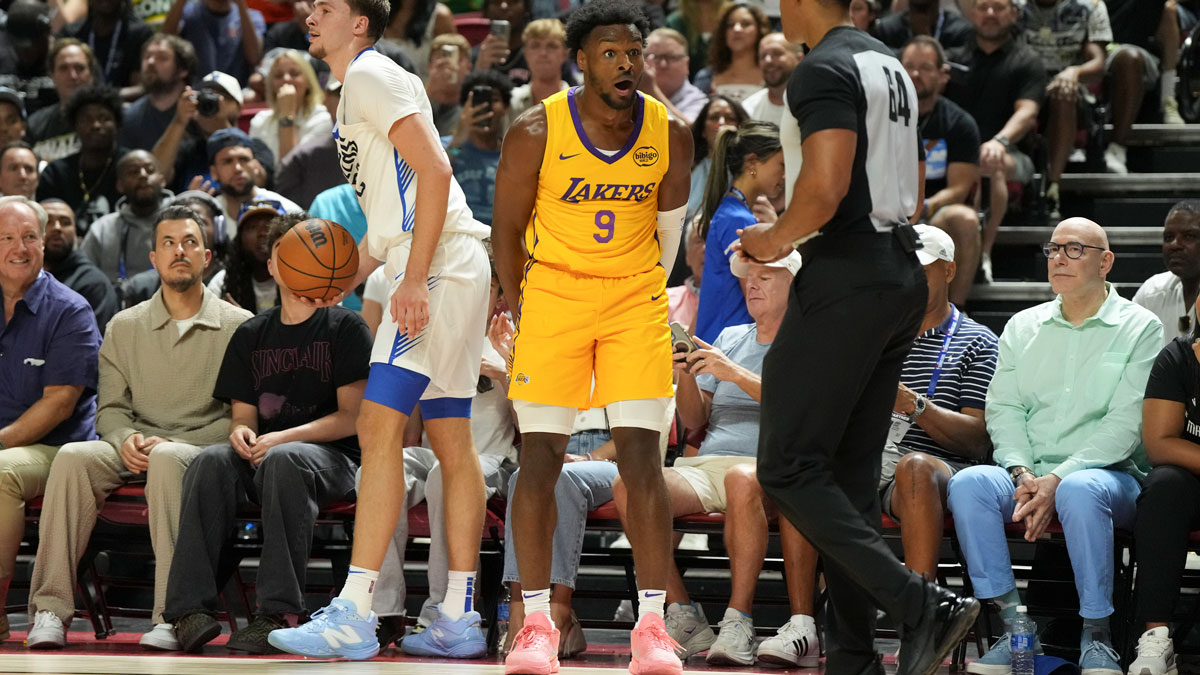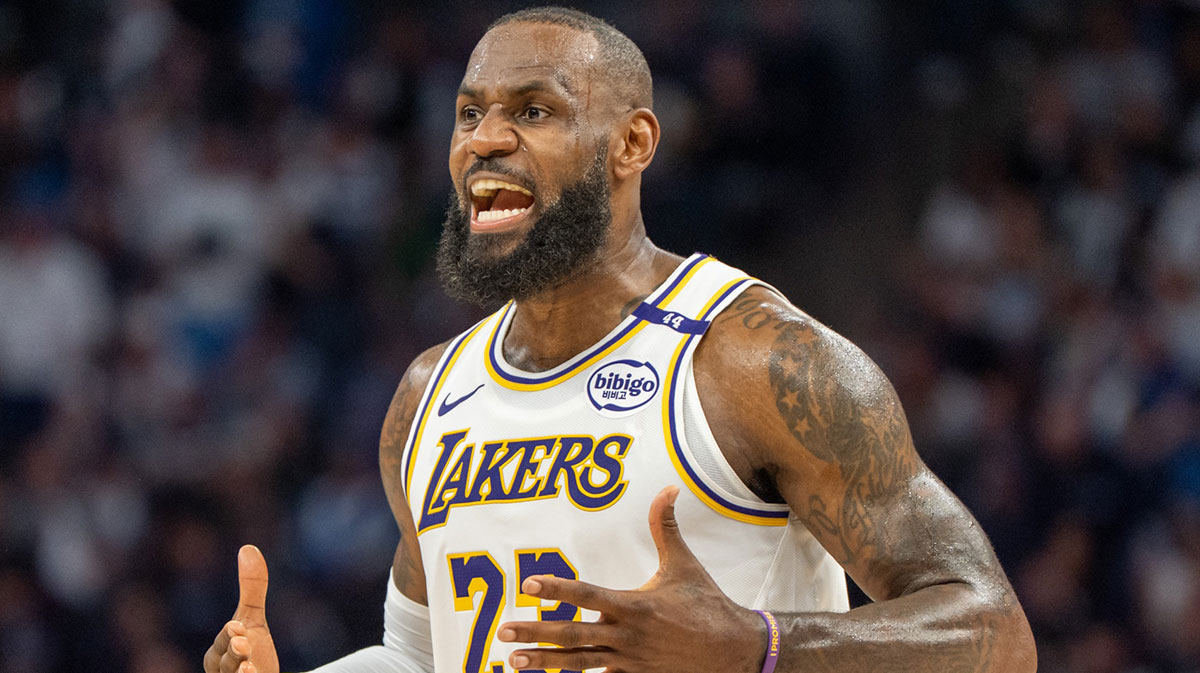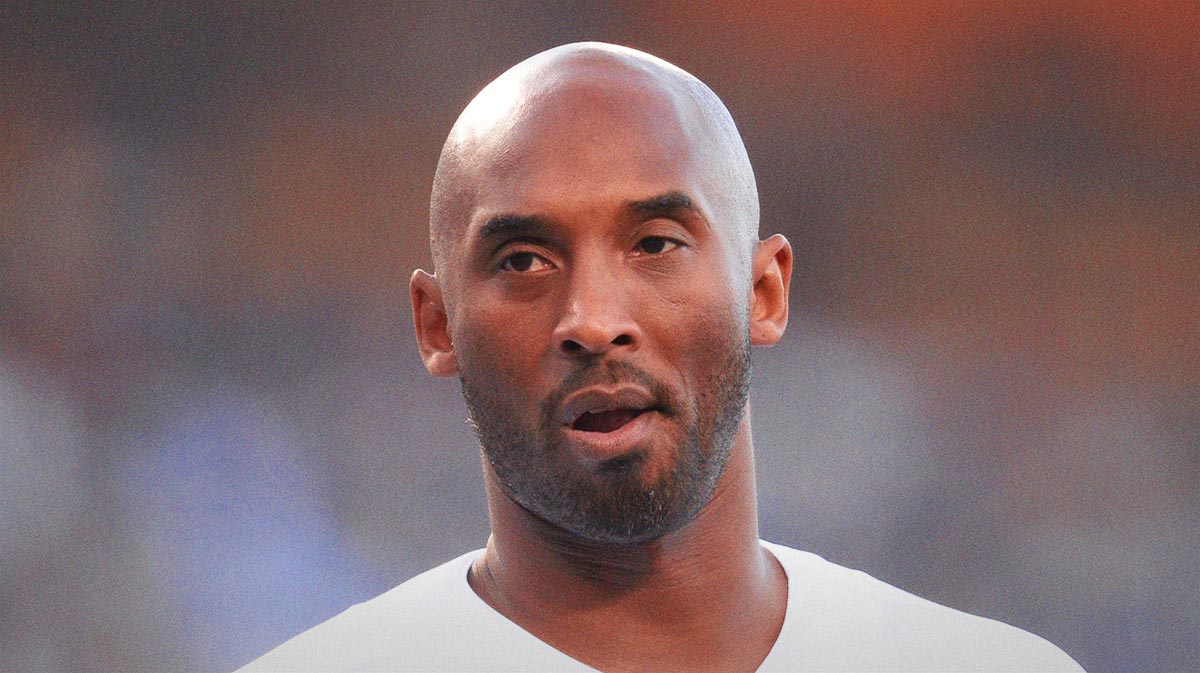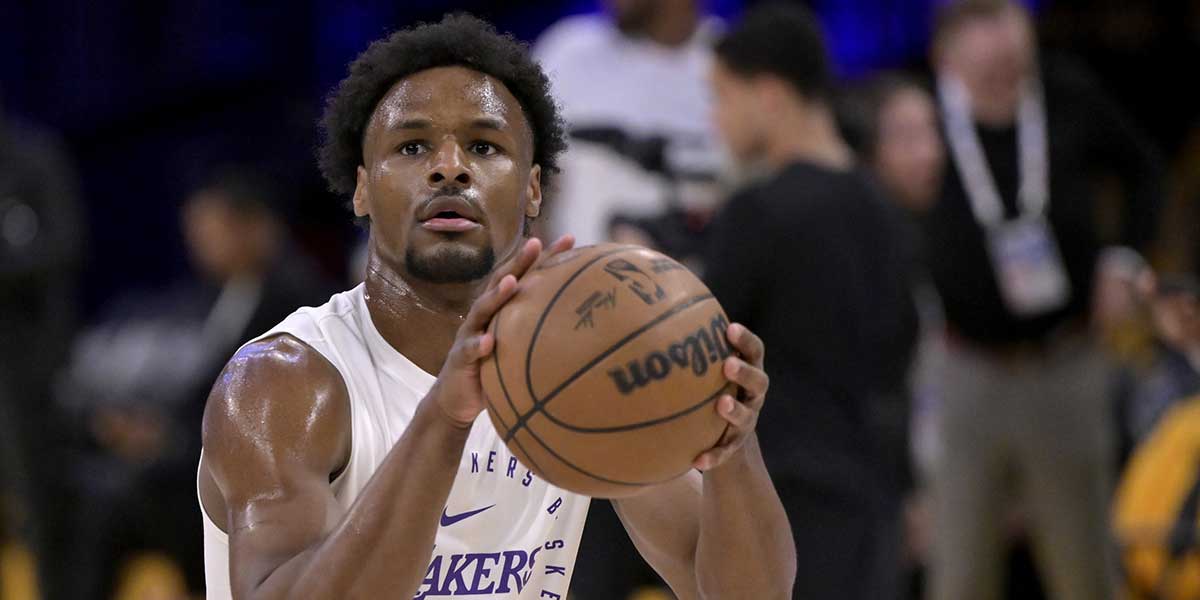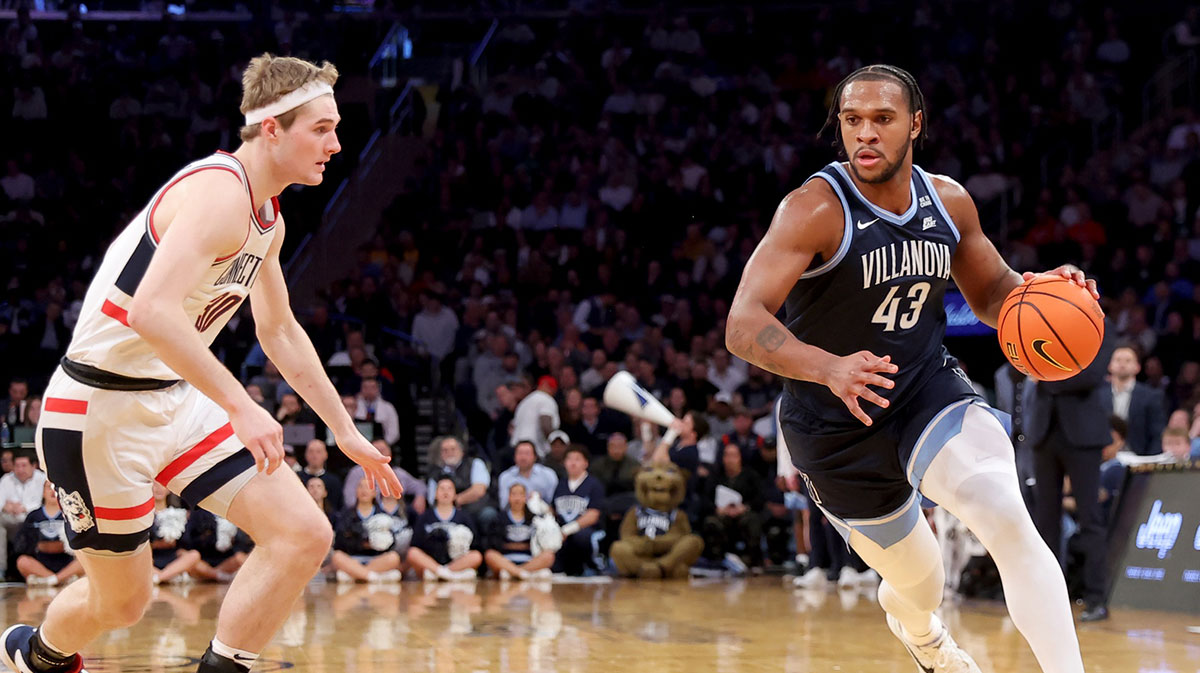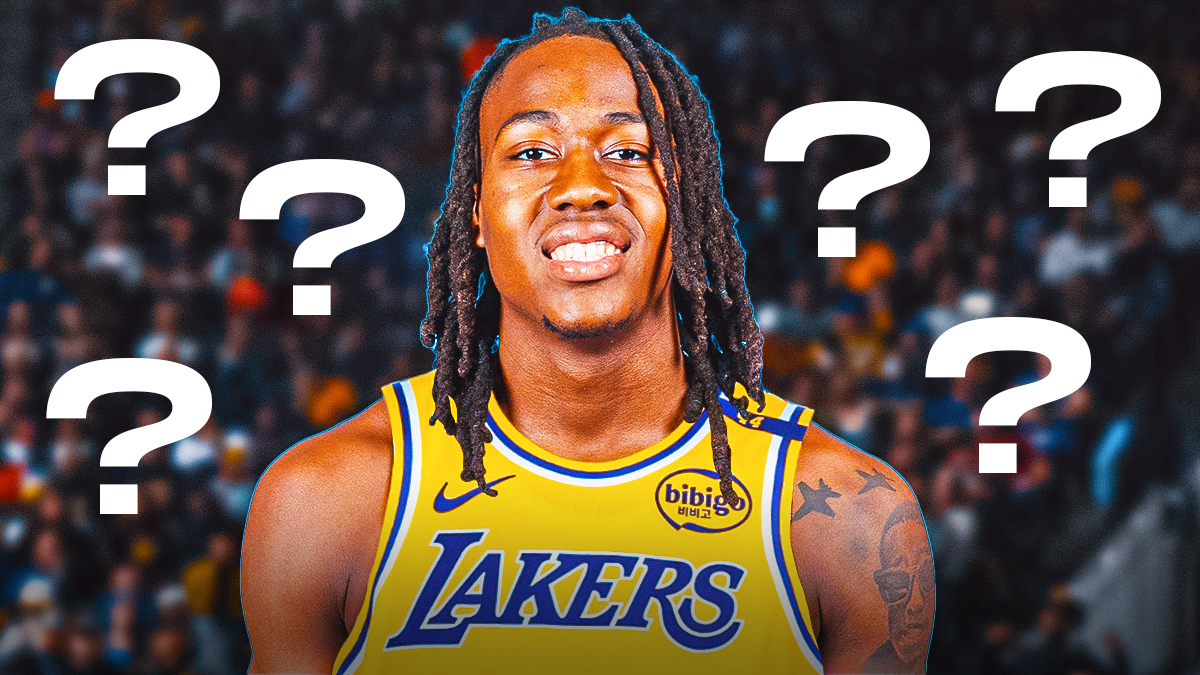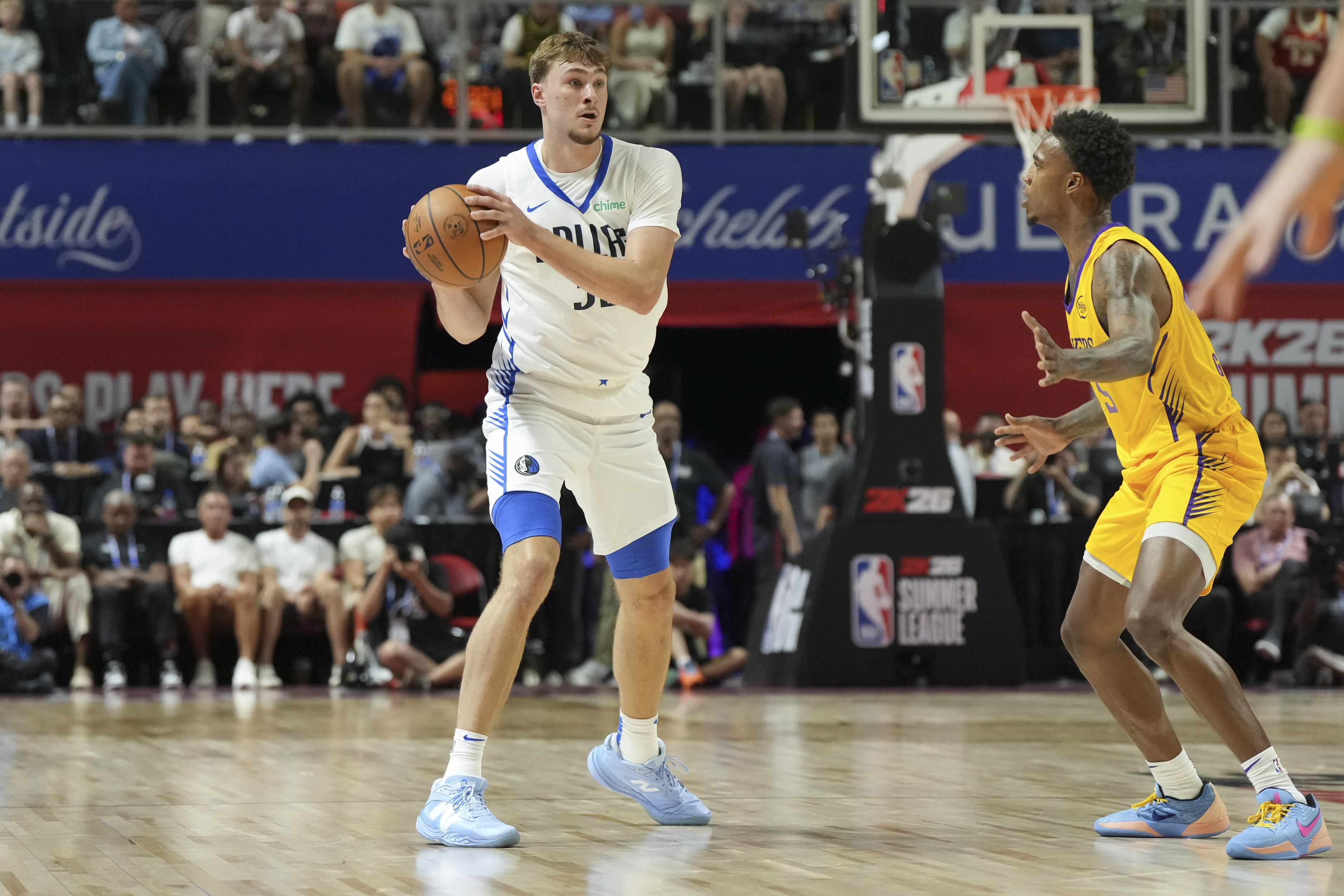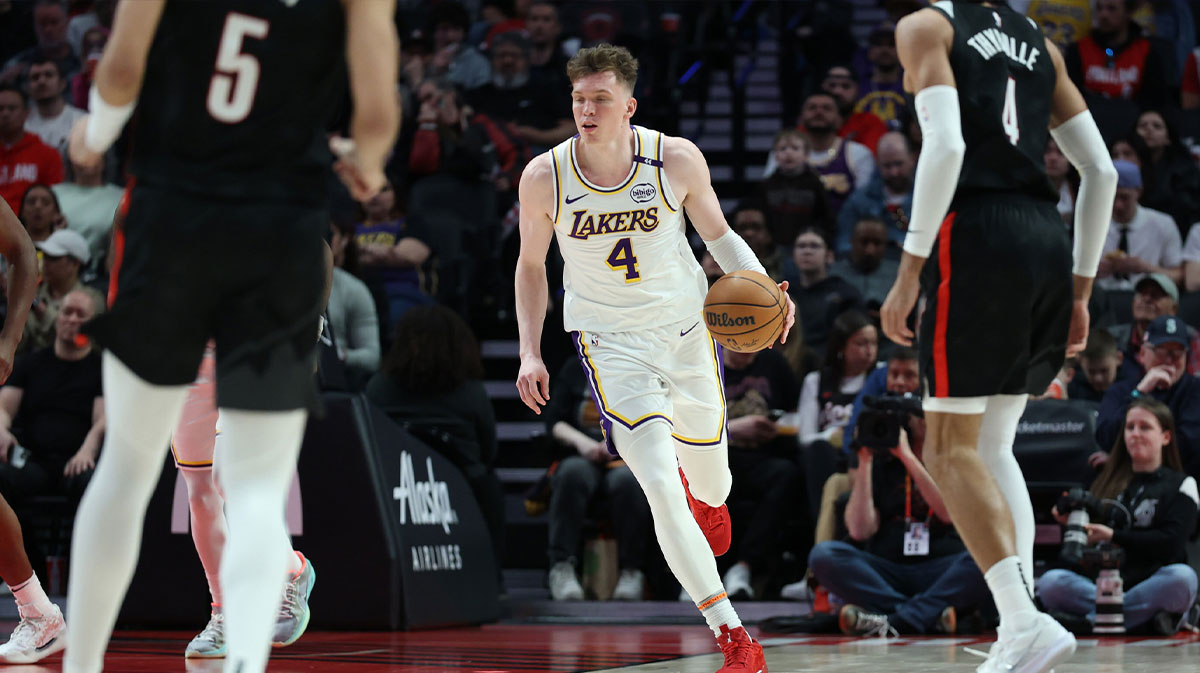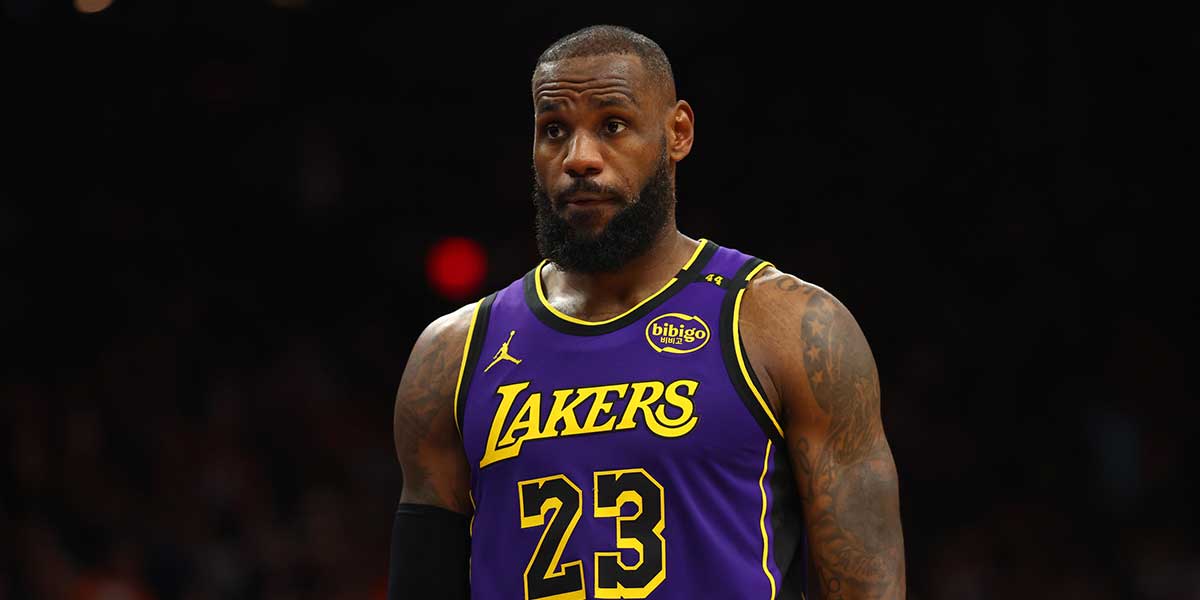On Monday, The Athletic's Shams Charania reported on a few of the proposals that are likely to be included in the NBA's revised Collective Bargaining Agreement.
There are plenty of notable items on the docket, including an equity program enabling retired players to join ownership groups, a mental health designation on the injury report, and more emphasis on civility between players and fans.
In terms of impacting the Los Angeles Lakers, let's focus on two specific proposals.
1) Draft eligibility
The NBA and NBPA want to lower the minimum age for draft eligibility back to 18 — as it was until 2005 — beginning in 2024, per Shams.
As it stands, the New Orleans Pelicans own swap rights to the Lakers' 2024 first-round pick, while the Lakers will have a second-round selection. More importantly, the Lakers employ a very powerful person — one who entered the league out of high school at 18 — who has a player option for 2024-25 and a determination to play with his son in the NBA. The new CBA would render Bronny James eligible for the 2024 NBA Draft.
The Ringer's Rodger Sherman recently published an exposé on how Bronny and LeBron could feasibly team up, so I'll direct you there for a deeper breakdown. In short, LeBron said he'll sign with whatever club gets Bronny. His player option gives him the leverage to encourage the Lakers to sign or draft Bronny if they want the four-time MVP to retire with the franchise — a desire Jeanie Buss has repeatedly expressed.
Whether — and when — Bronny is actually talented enough to make the leap from Sierra Canyon to the Association is TBD. But, the next CBA could neatly align the timeline for the King of House James and his heir.
Depending on where Bronny's stock winds up, the Lakers could also sign him after the draft to a two-way contract, allowing him to develop in the G-League and make the occasional cameo alongside Pops in the pros.
2) Stiffer tax penalties
Shams added that the league is exploring stiffer punishments for taxpaying organizations.
“While the prospect of a hard cap on team salaries appears to be a non-starter for the NBPA, more punitive penalties for the luxury tax system is a point of emphasis for the league and some team governors. Team executives believe the tax penalty will be arguably the biggest issue to resolve in the next CBA.
However, changing the overall structure of the tax could be an aspect both sides address.”
I just wrote about how the Lakers' financial planning includes avoiding the repeater tax — a reality that may be more obstructive to a Russell Westbrook trade than any other factor. In general, Lakers ownership — which does not have limitless spending capital — is usually down to wade into luxury tax waters, but only so far. They were not willing to venture deep enough to keep Alex Caruso, and paying the onerous repeater tax has been a non-starter since its inception in 2014.
The Lakers are already reluctant to commit to non-LeBron/AD money beyond 2023-24, thereby hamstringing their own flexibility beyond just a Westbrook trade. If they're operating like this now, one can presume any increasingly stringent financial penalties in the new CBA won't exactly make it easier for them to construct a contender before the King's watch ends.

